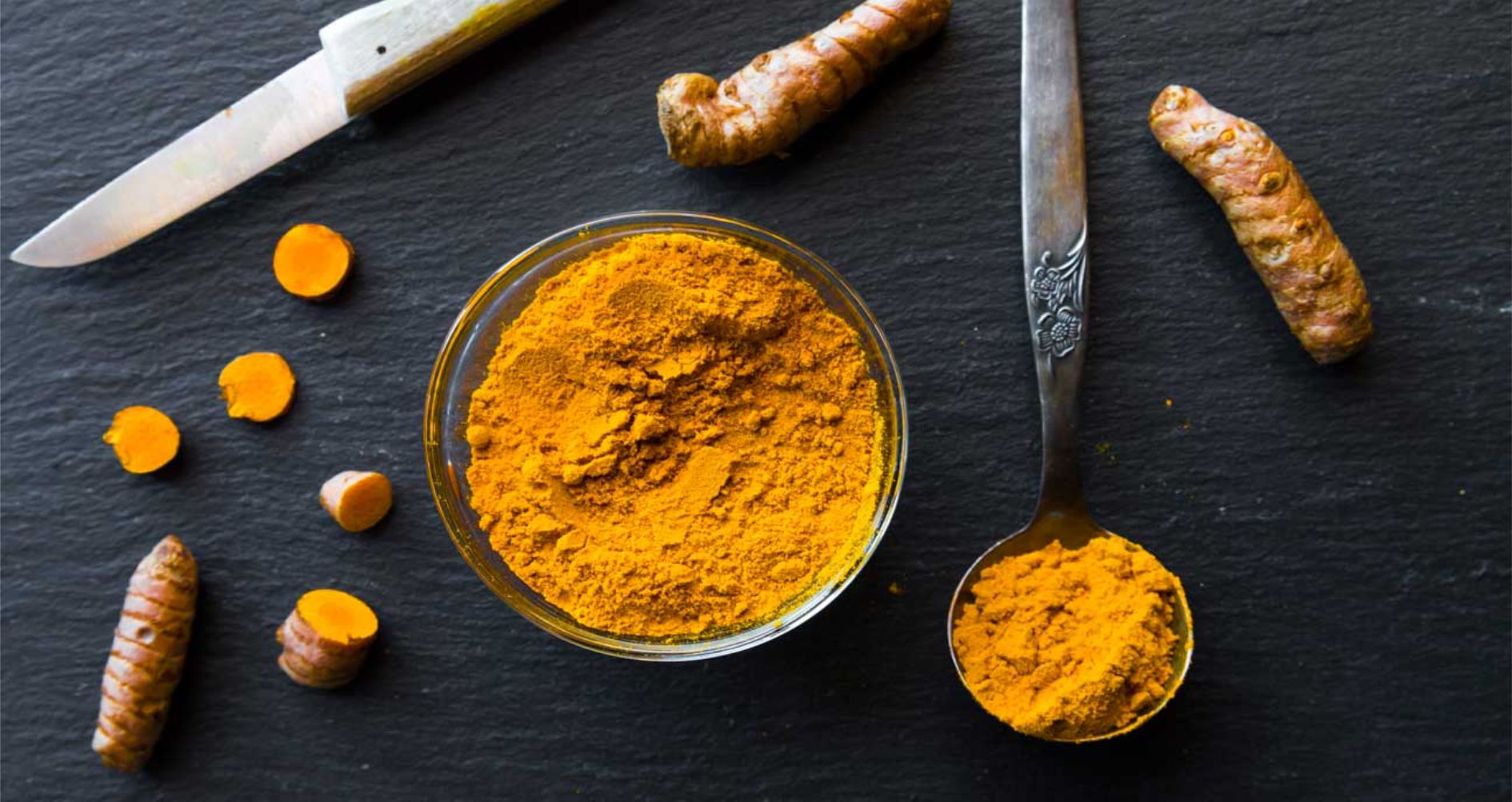
Curcumin : A Powerful Antioxidant
Curcumin is a bioactive compound found in turmeric, a bright yellow spice commonly used in Indian cuisine. Turmeric (Curcuma longa) is a flowering plant belonging to the ginger family, and its rhizomes are the source of the spice. Curcumin is responsible for the vibrant yellow color of turmeric and is known for its potential health benefits.
Key Characteristics of Curcumin:
-
Chemical Structure:
- Curcumin is a polyphenolic compound with a chemical structure characterized by two aromatic rings connected by a chain of carbon atoms. It belongs to a class of compounds known as curcuminoids.
-
Bioactive Properties:
- Curcumin is renowned for its various bioactive properties, including anti-inflammatory, antioxidant, anticancer, and neuroprotective effects. These properties have led to extensive research on its potential therapeutic applications.
-
Traditional Uses:
- Turmeric, containing curcumin, has a long history of traditional use in Ayurvedic and traditional Chinese medicine. It has been employed to treat various ailments and as a remedy for inflammatory conditions.
-
Anti-Inflammatory Effects:
- One of the well-studied aspects of curcumin is its ability to modulate inflammatory pathways. It can inhibit the activity of inflammatory molecules and enzymes, potentially providing relief for conditions characterized by chronic inflammation.
-
Antioxidant Activity:
- Curcumin exhibits strong antioxidant properties, helping neutralize free radicals that can damage cells and contribute to aging and various diseases.
-
Potential Cancer Benefits:
- Research suggests that curcumin may have anticancer effects by influencing multiple cellular pathways involved in the growth and spread of cancer cells.
-
Neuroprotective Effects:
- Studies have explored curcumin's potential in supporting brain health and protecting against neurodegenerative diseases. It may cross the blood-brain barrier and exert positive effects on cognitive function.
-
Heart Health:
- Curcumin has been investigated for its cardiovascular benefits, including improving endothelial function and reducing the risk factors associated with heart disease.
Bioavailability Challenges: Despite its promising properties, curcumin faces challenges related to bioavailability. It is not easily absorbed by the body, and its rapid metabolism can limit its effectiveness. Combining curcumin with black pepper (containing piperine) or consuming it with fats can enhance absorption.
Supplement Availability: Curcumin supplements are available in various forms, including capsules, powders, and extracts, aiming to provide a more concentrated and bioavailable source of this bioactive compound.
Before incorporating curcumin supplements into your routine, it's advisable to consult with a healthcare professional, especially if you have existing health conditions or are taking other medications.
Benefits of Curcumin:
-
Anti-Inflammatory Properties:
- Curcumin is known for its strong anti-inflammatory effects. It can help reduce inflammation and may be beneficial in managing chronic inflammatory conditions.
-
Antioxidant Activity:
- As a potent antioxidant, curcumin helps neutralize free radicals, protecting cells and tissues from oxidative stress. This may contribute to overall health and potentially prevent certain chronic diseases.
-
Potential Cancer Prevention:
- Some studies suggest that curcumin may have anticancer properties by inhibiting the growth and spread of cancer cells and reducing the development of blood vessels in tumors.
-
Brain Health:
- Curcumin may have neuroprotective effects and could potentially delay or even reverse brain diseases and age-related decreases in brain function.
-
Joint Health:
- It is believed that curcumin's anti-inflammatory properties may be beneficial in managing conditions like osteoarthritis and rheumatoid arthritis, providing relief from joint pain and stiffness.
-
Heart Health:
- Curcumin may have a positive impact on heart health by improving the function of the endothelium, the lining of blood vessels. It may also reduce the risk of heart disease by improving factors related to heart health.
-
Digestive Health:
- Curcumin has been studied for its potential to support digestive health by reducing symptoms of inflammatory bowel diseases and promoting gut health.
Pharmacokinetics and Dynamics of Curcumin:
-
Absorption:
- One of the challenges with curcumin is its low bioavailability, meaning that a significant portion is not effectively absorbed by the body. Consuming curcumin with black pepper (containing piperine) or with fats may enhance absorption.
-
Distribution:
- Once absorbed, curcumin is distributed throughout the body. However, it has a limited ability to reach certain tissues and organs in substantial amounts.
-
Metabolism:
- Curcumin undergoes extensive metabolism in the liver. The primary metabolites are glucuronides and sulfates. This process can affect its bioavailability and the duration it stays in the bloodstream.
-
Excretion:
- The elimination of curcumin and its metabolites occurs mainly through the feces and urine. The half-life of curcumin in the bloodstream is relatively short, and consistent intake is often recommended for sustained benefits.
-
Interaction with Enzymes:
- Curcumin can interact with various enzymes and molecular targets in the body, influencing pathways related to inflammation, antioxidant defense, and cellular processes.
-
Dose-Dependent Effects:
- The effects of curcumin are often dose-dependent, meaning that higher doses may be needed to achieve therapeutic benefits. However, individual responses can vary.
It's essential to note that while curcumin shows promise in various health benefits, more research is needed to fully understand its pharmacokinetics and dynamics, and its effectiveness may vary among individuals. As with any supplement, it's advisable to consult with a healthcare professional before incorporating curcumin into your routine, especially if you have existing health conditions or are taking other medications.
